COVID-19 Testing Available in Arkansas
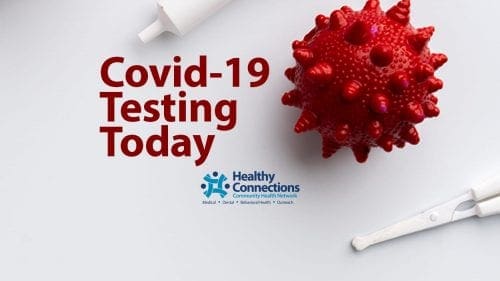 Healthy Connections can ensure surgical clinic and patient safety by providing COVID-19 testing at all of its Arkansas clinics.
Healthy Connections can ensure surgical clinic and patient safety by providing COVID-19 testing at all of its Arkansas clinics.
This week, Arkansas Gov. Asa Hutchinson announced that outpatient elective surgeries can resume beginning on Monday, April 27. For patients to be eligible for these procedures, they must meet several requirements, including having a COVID-19 test within 48 hours of the procedure. This is being done to ensure the safety of both the patient and the clinic staff during the procedure.
Healthy Connections is doing this COVID-19 testing at its clinics in Little Rock, Hot Springs, Mena, Malvern, Arkadelphia, Mount Ida, and De Queen. Call (888) 710-8220 for appointments. Visit www.healthy-connections.org for more information, including COVID-19 updates, testing locations, and more. These tests can be done regardless of patient symptoms. Healthy Connections can also work with surgical providers to test their patients before the procedure.
The complete requirements that were announced included:
- The procedure must be scheduled so the patient is not expected to spend the night in the hospital
- The patient must not be sick and does not have a lot of underlying medical conditions.
- The patient has had no contact with a COVID-19 patient within the previous 14 days.
- The patient has no symptoms of COVID-19.
- Patients must be tested for COVID-19 within 48 hours of the scheduled surgery.
Healthy Connections specialists, including Pittman Moore, MD (OB/GYN), Richard Bennett, DPM (podiatrist), and Vito Calandro, MD (cardiologist) will also resume some surgical procedures.
Healthy Connections dentists in Mena and Hot Springs are still open and doing “emergency” procedures. These procedures include most services that aren’t considered maintenance.
Nonprofit Healthy Connections strives to fill the healthcare access gaps in Arkansas. Since its founding in 1998 as a home-visiting program, Healthy Connections has provided much-needed health, dental, and social services to families from nearly every lifestyle. Healthy Connections accepts Medicaid, ArKids 1st, Medicare, and most private health insurance. There is also a sliding-fee scale for patients without health insurance, based on total family income.
Most health insurance covers COVID-19 testing at no cost to patients. Healthy Connections is waiving patient fees for COVID-19 testing for sliding-fee scale patients who qualify.
The Healthy Connections community health network offers primary care/family medicine, general dental services, and specialties including pediatrics, cardiology, podiatry, women’s health, and chiropractic. Evolve Behavioral Health and Medication Management, a division of Healthy Connections, provides mental health services.
Nonprofit Healthy Connections opened in 1998 as a home-visiting program. Primary Care health clinics now stretch from De Queen to Little Rock and help provide care where there are disparities in healthcare access. Healthy Connections also offers specialties, including Behavioral Health, Dentistry, Pediatrics, Podiatry, Cardiology, Chiropractic, and Women’s Health, depending on location.




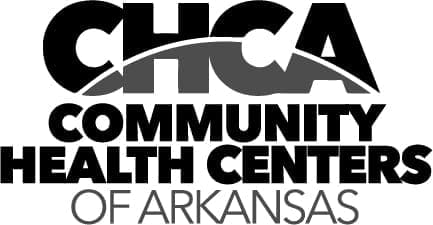 Community Health Centers of Arkansas CEO LaShannon Spencer wrote a guest column this week in
Community Health Centers of Arkansas CEO LaShannon Spencer wrote a guest column this week in 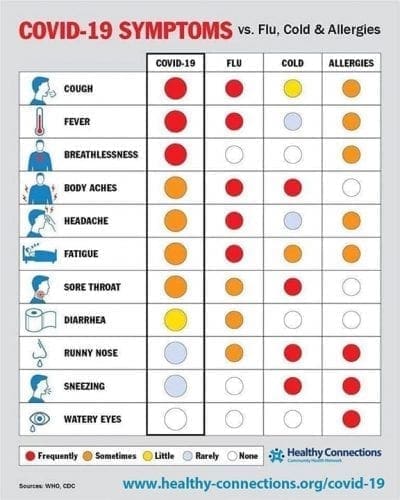


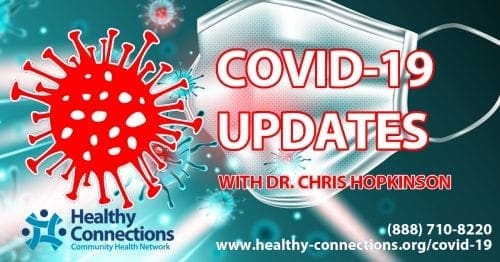 BY DR. CHRIS HOPKINSON
BY DR. CHRIS HOPKINSON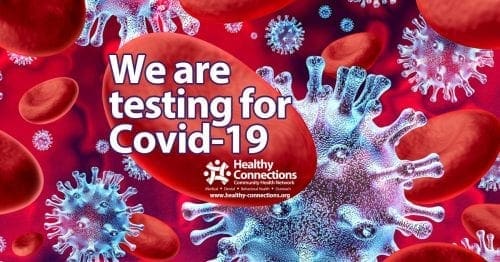
 Congratulations to our Healthy Connections March Employees of the Month.
Congratulations to our Healthy Connections March Employees of the Month.